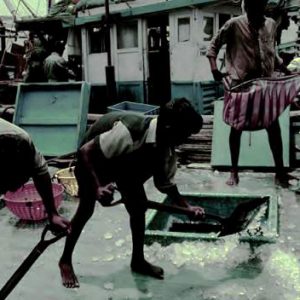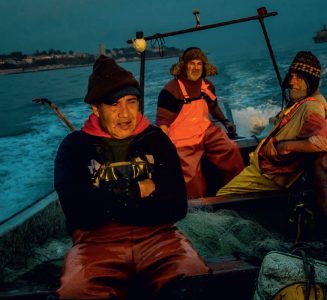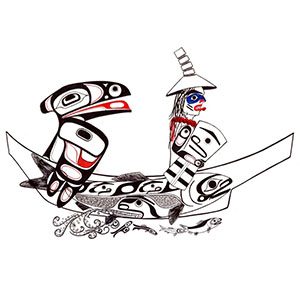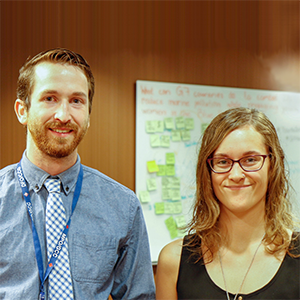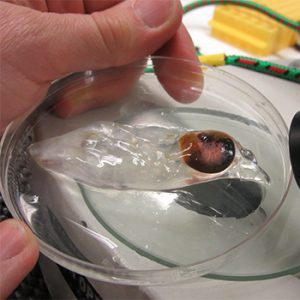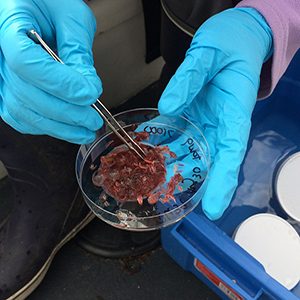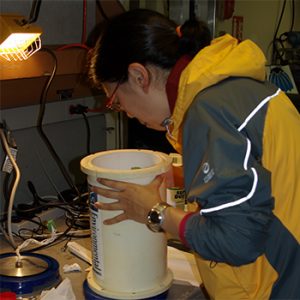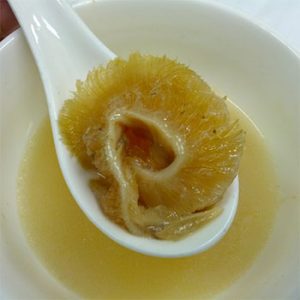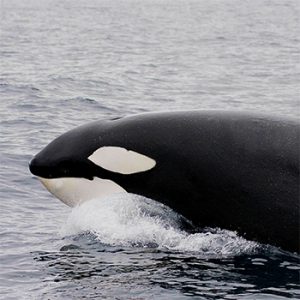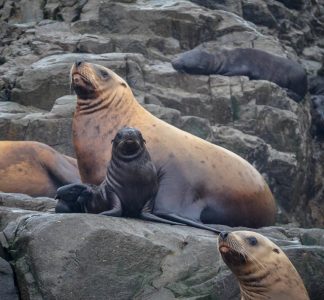Modern slavery promotes overfishing
Labour abuses, including modern slavery, are ‘hidden subsidies’ that allow distant-water fishing fleets to remain profitable and promote overfishing
WWF report reveals staggering extent of human impact on planet
IOF’s Daniel Pauly and Deng Palomares wrote the fisheries section.
Women play critical role in fisheries governance, studies suggest
IOF researchers investigated women’s roles in fisheries governance in British Columbia and in the Philippines.
Ahead of the G7 Summit, UBC researchers played key role in shaping marine policies
UBC researchers applied their expertise to tackle key ocean-based challenges and help shape marine policies.
Small in size, but mighty in impact
Salps are fascinating organisms that have a huge impact on the planet’s ability to manage climate change.
Hakai Coastal Initiative’s Marine Food Webs Working Group
This collaborative research unit aims to understand how marine food webs operate, with a particular focus on British Columbia’s coastal ocean.
Using sound to unravel how animal behavior in complex environments
MMRU Research Associate, Mei Sato, uses bio-acoustic data to study the interactions between Chinook salmon and killer whales
Appetite for luxurious shark fin soup drives massive shark populations decline
“Extinction must not make the decision for us,” co-author Daniel Pauly says.
Climate change fuels accumulation of pollutants in Chinook salmon, killer whales
Southern resident killer whales that exist along the Pacific Northeast Coast eat Chinook salmon, and these two predators are impacted by increased pollutant bioaccumulation driven by climate change
Drawing First Blood
Researchers publish first reference ranges for Steller sea lions
